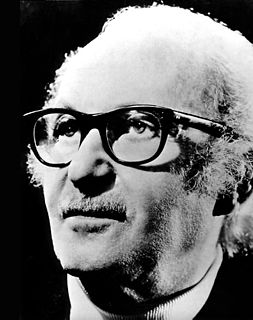A Quote by Betty Smith
She had become accustomed to being lonely. She was used to walking alone and to being considered 'different.' She did not suffer too much.
Quote Topics
Related Quotes
Dena had always been a loner. She did not feel connected to anything. Or anybody. She felt as if everybody else had come into the world with a set of instructions about how to live and someone had forgotten to give them to her. She had no clue what she was supposed to feel, so she had spent her life faking at being a human being, with no idea how other people felt. What was it like to really love someone? To really fit in or belong somewhere? She was quick, and a good mimic, so she learned at an early age to give the impression of a normal, happy girl, but inside she had always been lonely.
It was not the passion that was new to her, it was the yearning adoration. She knew she had always feared it, for it left her helpless; she feared it still, lest if se adored him too much, then she would lose herself, become effaced, and she did not want to be effaced, a slave, like a savage woman. She must not become a slave. She feared her adoration, yet she would not at once fight against it.
The doctor's wife wasn't a bad woman. She was sufficiently convinced of her own importance to believe that God actually did watch everything she did and listen to everything she said, and she was too taken up with rooting out the pride she was prone to feeling in her own holiness to notice any other failings she might have had. She was a do-gooder, which means that all the ill she did, she did without realizing it.
Melanctha Herbert was always losing what she had in all the things she saw. Melanctha was always being left when she was not leaving others. Melanctha Herbert always loved too hard and much too often. She was always full with mystery and subtle movements and denials and vague distrusts and complicated disillusions. Then Melanctha would be sudden and impulsive and unbounded in some faith, and then she would suffer and be strong in her repression. Melanctha Herbert was always seeking rest and quiet and always she could only find new ways to be in trouble.
Marilyn always dreamt of being an actress. She didn't, by the way, dream of being just a star. She dreamt of being an actress. And she had always lived somehow with that dream. And that is why, despite the fact that she became one of the most unusual and outstanding stars of all time, she herself was never satisfied. When she came to New York, she began to perceive the possibilities of really accomplishing her dream, of being an actress.
The tent in which she first met him had smelled of blood, of the death she did not understand, and still she had thought of it all as a game. She had promised him the world. His flesh in the flesh of his enemies. And much too late had she realized what he had sown in her. Love. Worst of all poisons.
Takako looked into Hiroki's eyes and grinned. "You've become quie a stud." "And...you're the most stylin' girl in the world." Takako smiled faintly. She wanted to thank him, but she was out of breath. She just stared at Hiroki's eyes. She was grateful. At least she wasn't going to die alone. The last person to stay with her ended up being Hiroki. And she was grateful. She really was.
Ruth hadn't talked to my sister since before my death, and then it was only to excuse herself in the hallway at school. But she'd seen Lindsey walking home with Samuel and seen her smile with him. She watched as my sister said yes to pancakes and no to everything else. She had tried to imagine herself being my sister as she had spent time imagining being me.
It's up to brave hearts, sir, to be patient when things are going badly, as well as being happy when they're going well ... For I've heard that what they call fortune is a flighty woman who drinks too much, and, what's more, she's blind, so she can't see what she's doing, and she doesn't know who she's knocking over or who she's raising up.
My mother was very passionate about life and she would do anything for us. And she had to fight alone to raise us. We never had a lot of money for extras or anything. She had to work six days a week, and then she would do breakfast, lunch and dinner. She was a super-woman! For me, I don't know how she did it with three kids.





































